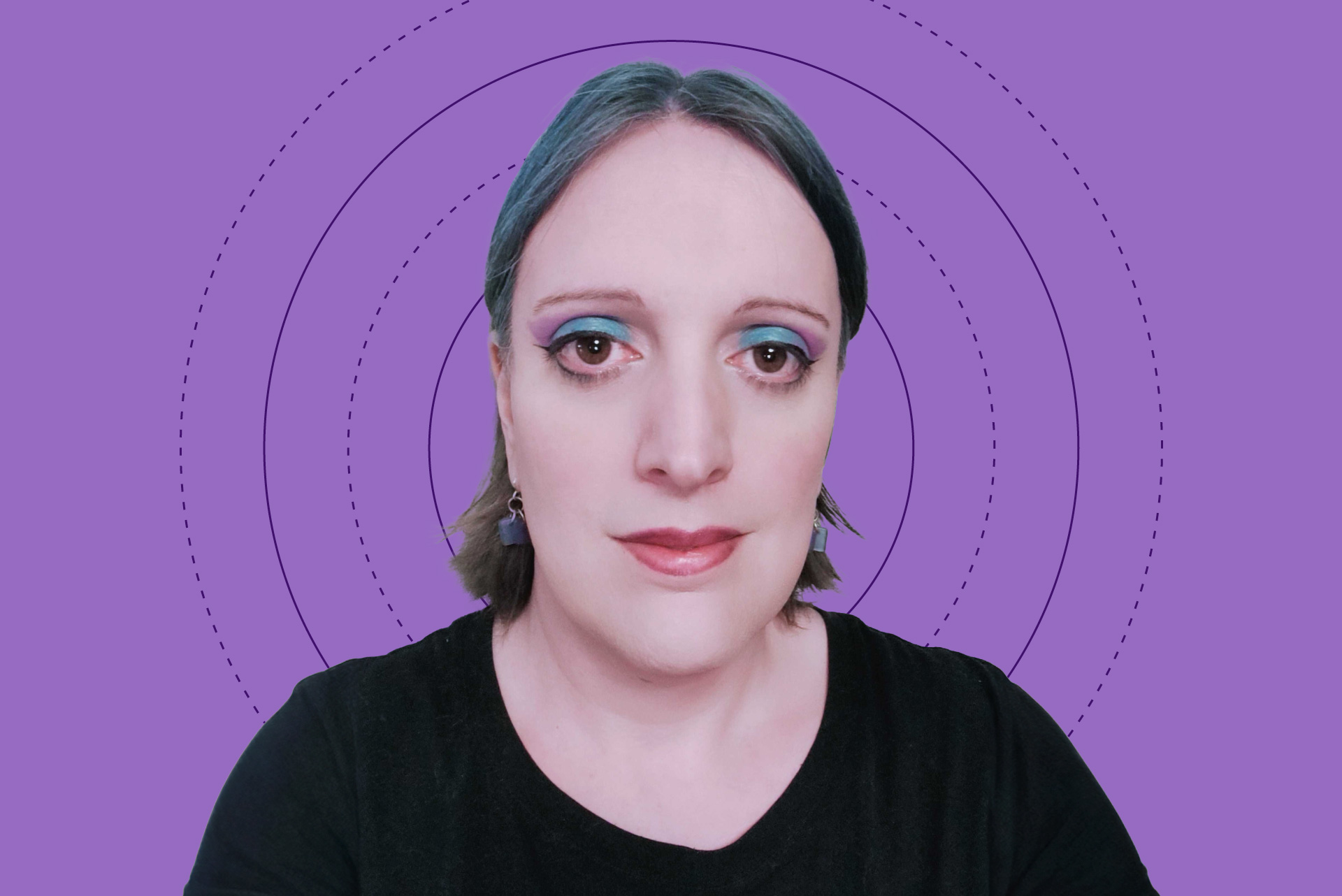Being Bonterra: Jessica Jones on neurodiversity at work

Jessica Jones, senior Saas Ops engineer at Bonterra, describes herself as neurospicy. “I don’t prefer the term neurodivergent because that implies there’s a norm that we’re diverging from,” she says. It wasn’t until she was in her late 30s that Jessica was diagnosed with autism spectrum disorder (ASD). The revelation helped make sense of a lifetime of learning, working, and understanding concepts differently than some of her peers. It also allowed her to advocate for her own success, and that of others.
As an active member of the DEIB committee at Bonterra, Jessica is an example of how allyship and advocacy often come from the experience of feeling othered, making sense of that experience, and then becoming a champion for those who can relate.
American adults are living with ASD
of American adults work remotely
of the global population is considered neurodiverse
American adults with disabilities in the workforce in 2024
Sources: Forbes, Pew Research, PearnKondola, Department of Labor
Young, gifted, and struggling
Jessica grew up on a ranch in a small town outside of Sacramento, California. “My first friends had four legs or feathers,” she recalls. “Taking care of animals was part of life. I nurtured sick and injured animals. They were like family to me.”
Jessica was a bright child, but her disability wasn’t recognized by many of the adults in her life. “The keyword used for me was ‘lazy.’ They could see how much potential I had ‘if only I’d apply myself.’ And if I didn’t fit that mold, well, then I was getting a bad grade.”
There were a few educators who made a difference in the way Jessica saw herself, encouraging her by meeting her where she was. “The teachers at one school seemed more in tune with the class, and, specifically, with me, and it was amazing. I did better. I learned.”
Those who nurtured Jessica’s natural skills helped combat a negative feedback loop she felt in peer groups. When Jessica was just 4 years old, her mom bought her first computer, a VIC-20. It helped her plug into and hyperfocus on what interested her: technology.
Finding her way
Although Jessica says programming wasn’t her strong suit, her early interest in problem-solving and technology led her to systems administrations jobs in college. Since then, she’s had several roles as a systems engineer at prominent software companies. When an offer for a role came up at Bonterra, Jessica was happy to accept. She said it felt different from other companies she’d worked for.
I’ve worked at a number of companies that have been great workplaces. But when the work you do contributes to something that’s personally meaningful, it just hits different. I could sense there was a great workplace here.”
One thing that Jessica values in the workplace is a sense of inclusion and a commitment to DEIB. In addition to growing up with a disability, Jessica is a trans woman, who transitioned in her 30s. For the first few decades of her life, she masked who she was in her personal and professional life. Her diagnosis and transition have allowed her to live a life that’s fully authentic. She wants everyone to have the opportunity to be themselves at work, which is why she’s involved with the DEIB committee at Bonterra. “I just want everyone to feel safe and comfortable working here and able to communicate with one another. I want people to not be afraid to speak up if something is bothering them.”
Advocating for others at work and in life
As a person with ASD, Jessica has discovered that thriving at work and school is about embracing an individual working style. She says that workplaces like Bonterra, that offer remote work, allow people to have accessible accommodations. “There are some people who do thrive with the in-person experience that an office provides,” she says. “But for those who need remote work, it affords us the opportunity to 100% customize our workspace and surrounding environment so that it’s conducive to our comfort, safety, and productivity. That is going to make for a happy worker, a more productive worker, and they’re going to appreciate being given that flexibility.”
Jessica says that managers and those in leadership can facilitate neurodiverse working environments by having open conversations with employees about their preferred working styles. This helps those with ASD, ADHD and other neurodiverse workers to thrive at their own pace. When that doesn’t work, she says it’s incumbent on each employee to advocate for themselves. “There are people you can talk to, and you can find that you’re not the only one who’s experienced this. Find allies, find people to support you. If you keep it to yourself, you’re not going to be able to fix it by yourself.”
To learn more about Bonterra’s ongoing commitment to DEIB in the workplace, click here.
Work with Bonterra



